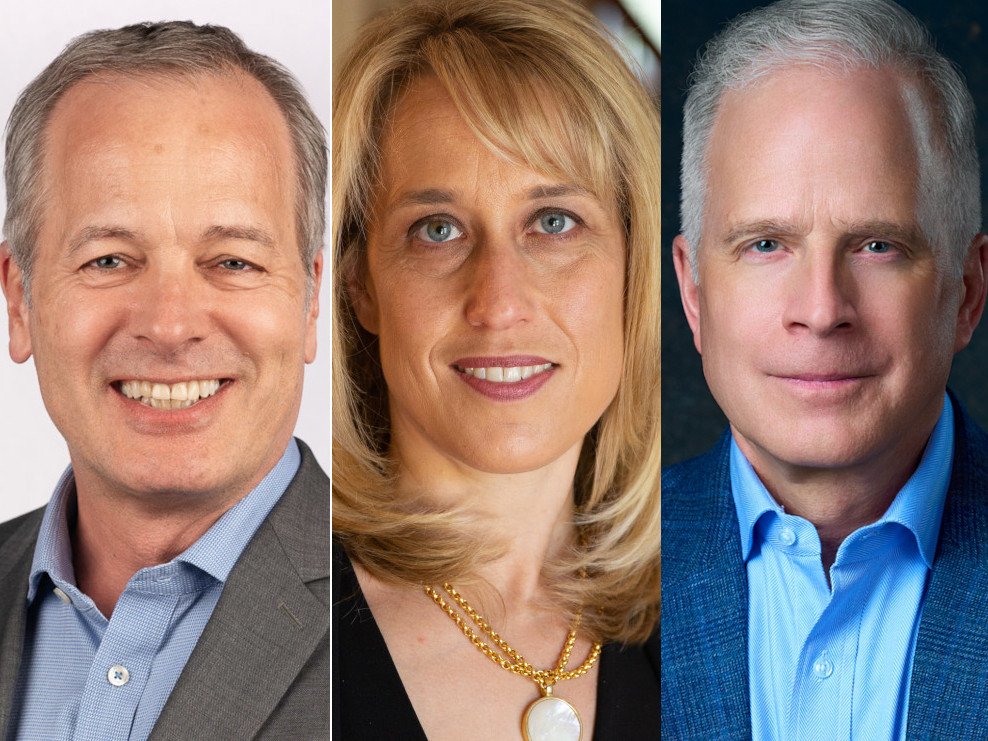It’s generally acknowledged that although the family-office sector in Canada has been growing by leaps and bounds, it’s not yet as sophisticated as its counterparts in Europe and the U.S.
What could change that? What kinds of resources and supports are needed to help propel Canada’s family office ecosystem to a higher level of sophistication, effectiveness and professionalism?
We asked advisors, and their answers were wide-ranging.
Sharing of information
Opportunities for information exchange and collaboration were a common theme.
“Certainly something that is still needed—even though there have been attempts—is some venue for networking, collaboration and knowledge sharing,” says Mindy Mayman, partner with Richter in Montreal. “Part of the challenge for high-net-worth families is that they have common challenges, but they are not the kind of challenges that you can discuss with just anybody.”
Families always want to know how other families are approaching things and whether they are using best practices, says Nancy Marshall, managing consultant and head of family office solutions with Prime Quadrant in Toronto. “It would be great to talk to these other families in a space that was safe, whether that’s family to family or single-family office to single-family office.”
You can have a fantastic portfolio that is beating all the benchmarks, she says, “but ultimately none of our client families care whether they make 11 per cent versus 10 per cent if their relationships aren’t meaningful and authentic.”
Pooled investing
Mayman points out another desire: the concept of investing as a group.
More family office clients are seeking to invest in direct or alternative assets these days, and “they would like the opportunity to share those investments,” she says.
Reporting tools
Entrepreneurial families want to know more about how they’re doing, but tools that could report and measure their holistic financial performance are lacking, Marshall says.
“You may have capital invested in brokerages, investment counsellors, direct investments into realty and private equity, but what does it look like when I put it all together, and how do I know whether I’m doing as well as I think I’m doing?” Marshall asks.
She sees a need for “systems that will allow for feeds in from all these different places—and not manual feeds in—connecting those systems so you can see the full situation holistically.”
Some technological solutions exist, but Marshall says there is not yet a perfect software solution for optimal financial reporting at this level of complexity.
Greater cybersecurity resources
Another area that is still challenging for families is cybersecurity, Mayman says. “These are very wealthy individuals, and therefore highly targeted. Many family offices don’t enjoy the same infrastructure that an operating business would enjoy,” she says.
Also, families are more spread out around the world and “the principals probably travel extensively, so all of this is made more complicated by the desire to communicate, to share information with each other,” she adds. “There is risk from the wealth point of view and also risk to reputation.”
Richter employs its own cybersecurity technology, but overall, she says, “it’s really finding a way to address the needs of the family office and the families that is slightly different from what’s available to businesses.”
Lack of talent for those with more than $250 million
Northwood Family Office in Toronto identifies another need in the client market.
“The multi-family office industry is very well served, especially in the $25 million to $250 million range, but there is a gap above that” for families who would like to establish a single-family office, says Viraj Samani, principal for Family Office Advisory & Investments at Northwood. “People at this level have only had one option, and that’s to go out and build their own.”
He cites numerous challenges for families who try to build a single-family office from the ground up.
“There are challenges on the talent front, on the knowledge front. There are not many people who have serviced people at that level,” he says. Plus, they face time and cost challenges.
Some families may decide to leverage the infrastructure within their operating business, “if they don’t mind mixing their business and their private affairs,” Samani says. “But we’ve also seen a lot of problems, like conflicts of interest between what’s good for the family and what’s good for the business.”
In addition, he notes, many seasoned advisors at this level are approaching retirement, “and there’s no off-ramp for them. Once you retire, it’s very hard to line up the right person to take over the keys to the kingdom. This is something that we at Northwood are actively trying to work on.”
Above the $250 million level, families face enormous complexity. They likely operate internationally, he says, and across many industries. “Instead of buying a home, they might be buying planes, yachts, sports teams, major art collections. They have very high-touch needs, very unique requirements.”
A better-defined family office space
Identifying gaps in the Canadian family-office landscape is made more difficult because the definition of a family office is so varied, says Patrick O’Connor, founder and CEO of Winnipeg-based Blackwood Family Enterprise Services.
He points out that most of the firms that would identify themselves as family offices focus on assets under management (AUM), but “they’re very different from the ones on the estate-tax side.” As well, few attempt to offer what might be considered a full range of related services, such as family governance, next-generation training and coaching.
“I think that families themselves are left in a state of confusion, not knowing what they need. Does it make sense to break it down into subcategories of expertise? If you could categorize what family offices mean, then you might be able to help the groups figure out what their gaps are, and it might also help the families that need services know where to go,” he says.
O’Connor praises the “high level of collaboration among advisors,” which he says has intensified over the past 20 years. “We recognize that no one firm can possibly have all the services, so it really is a very collaborative model where we all work together to serve the needs of the families,” he says.
“Obviously, ‘family office’ is a very important title for firms to have, because it speaks to the higher-net-worth, more complex families,” he adds. “To the family that’s in search of these services, having better clarity on what these family offices are and the services they perform might be helpful.”
The Canadian Family Offices newsletter comes out on Sundays and Wednesdays. If you are interested in stories about Canadian enterprising families, family offices and the professionals who work with them, but like your content aggregated, you can sign up for our free newsletter here.
Please visit here to see information about our standards of journalistic excellence.



